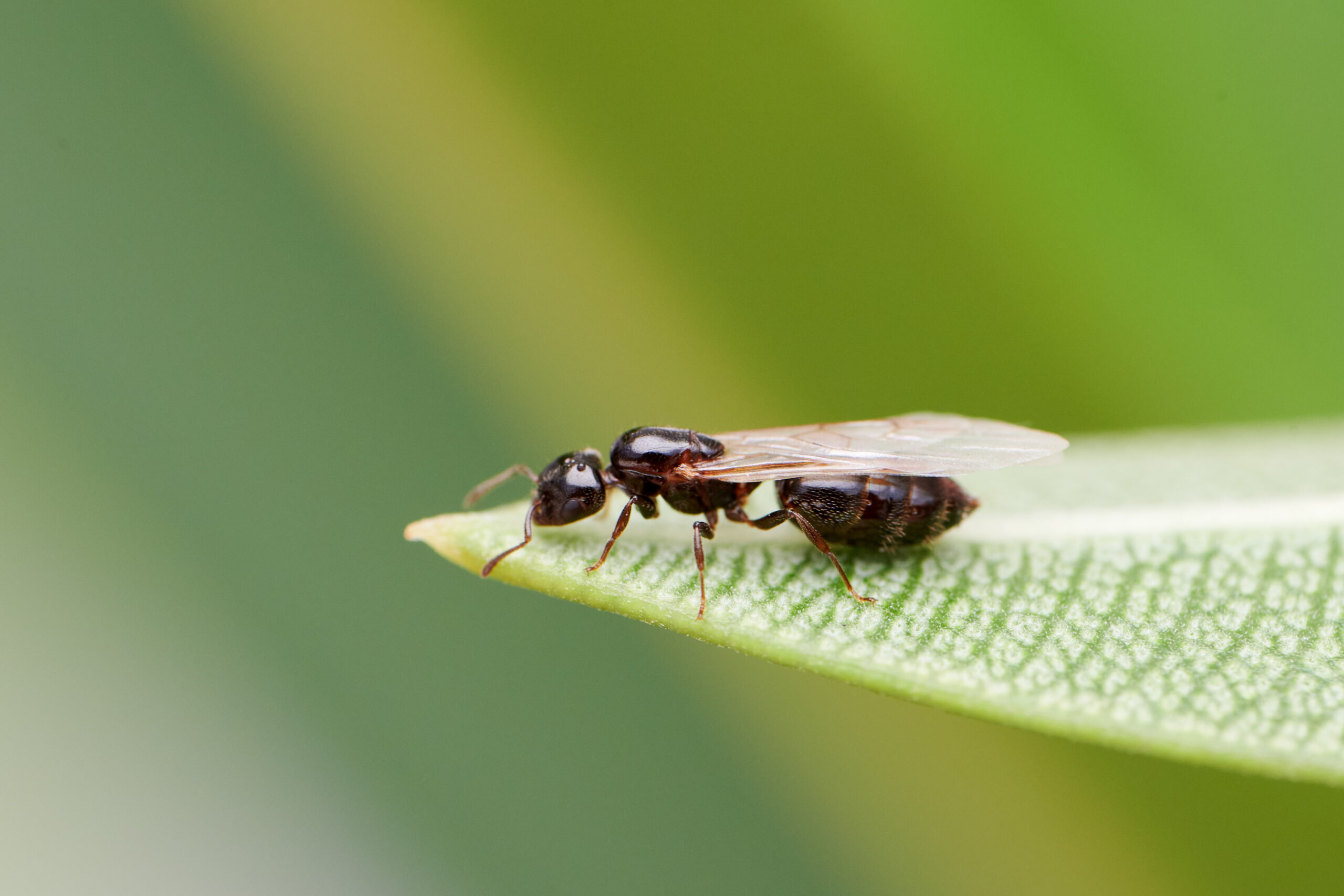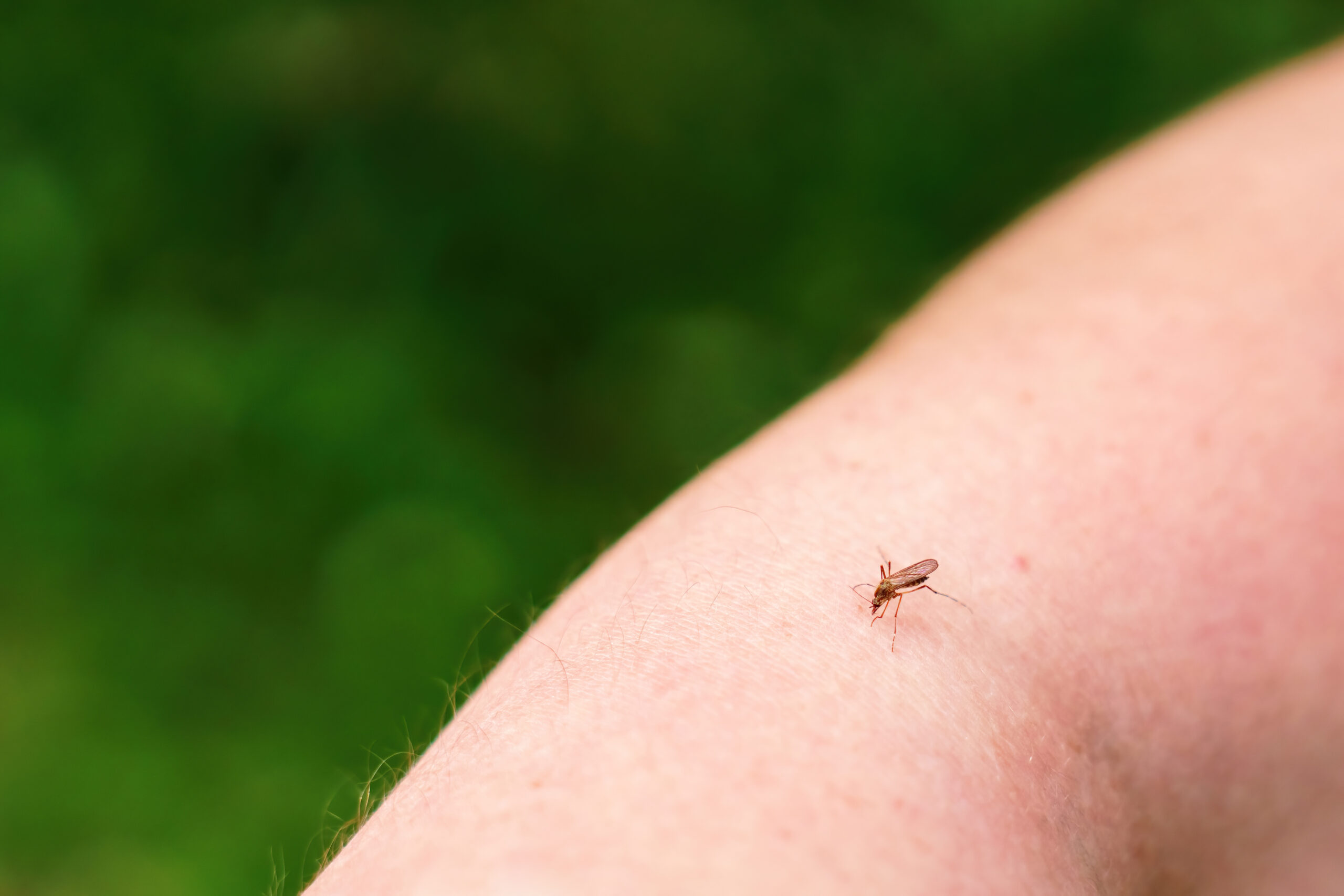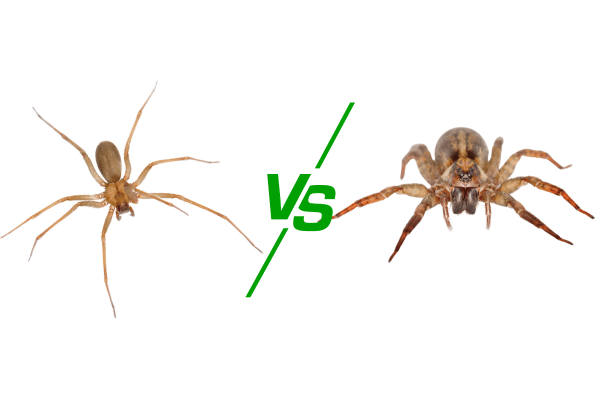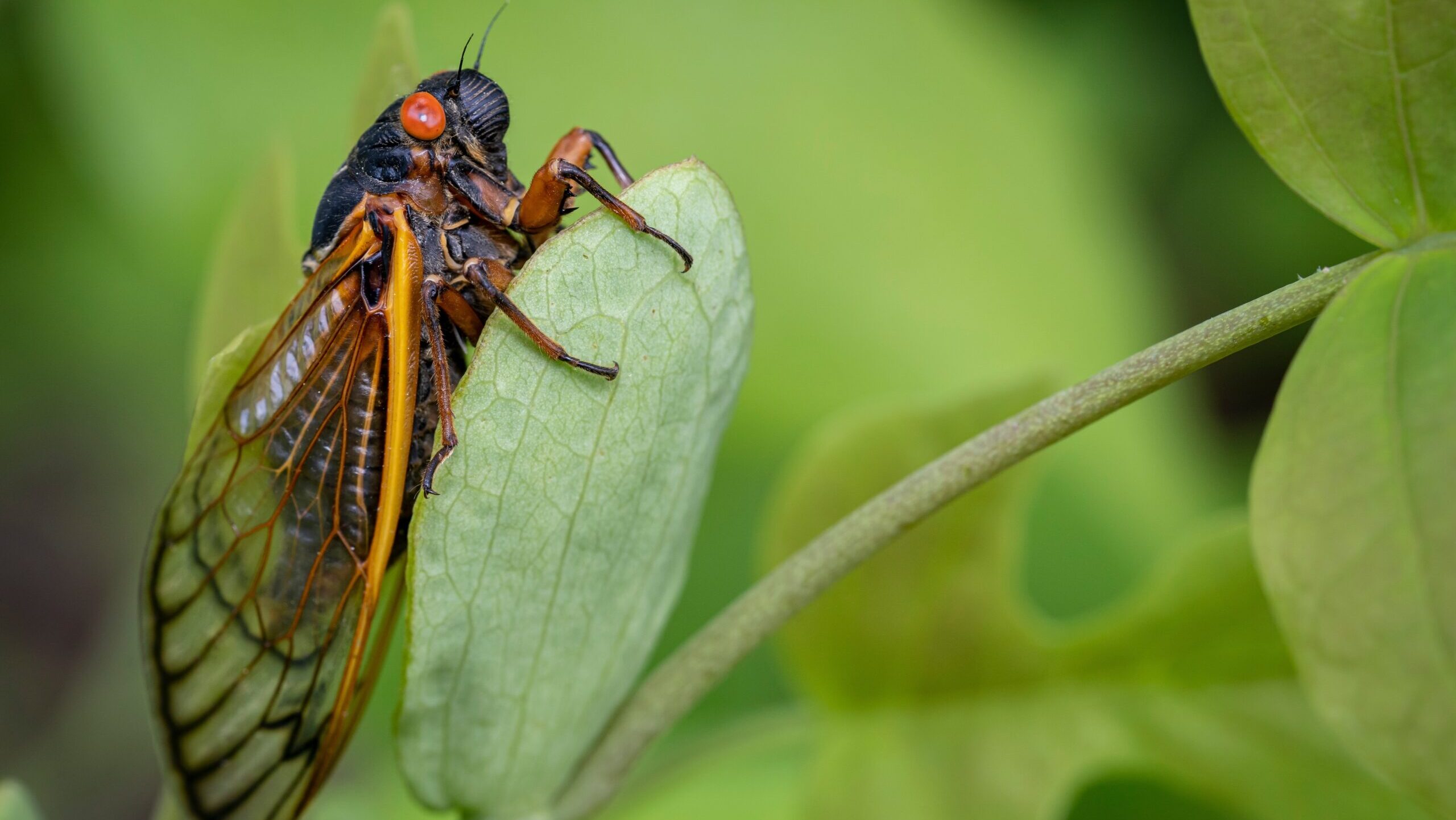Arizona’s warm climate is home to a variety of insects, including flying ants. These winged ants can be alarming when they appear in large numbers, but understanding their behavior and the reasons behind their sudden presence can help you manage them effectively.
What Are Flying Ants?
Flying ants are simply ants that are in the reproductive stage of their life cycle. Unlike worker ants, which are wingless and focused on building and maintaining the colony, flying ants—also known as alates—are tasked with the important role of mating and establishing new colonies.
Key Characteristics of Flying Ants:
- Wings: Both male and female reproductive ants have wings during the mating season. They are typically larger than worker ants.
- Swarming Behavior: Flying ants are most noticeable when they swarm, which is their way of finding mates. These swarms can be quite large and typically occur after rain when the air is humid.
- Short-Lived Stage: The flying stage is temporary. After mating, the males die, and the fertilized females shed their wings and start new colonies.
Why Do Flying Ants Swarm?
The swarming of flying ants is a natural part of their reproductive cycle. This phenomenon, often referred to as a “nuptial flight,” occurs when environmental conditions are just right—usually after a rainstorm, when the ground is moist and the air is warm and humid.
Purpose of Swarming:
- Mating: The primary reason for swarming is to find mates. During the nuptial flight, males and females from different colonies meet, mate, and the females then seek out locations to establish new colonies.
- Colonization: After mating, the female ants land, shed their wings, and begin searching for a suitable site to start a new colony. This is how ant populations spread and establish themselves in new areas.
When to Expect Swarms:
- In Arizona, swarming typically occurs during the warmer months, particularly in the late summer when monsoon rains are common.
Are Flying Ants Harmful?
Flying ants themselves are not harmful to humans. They do not sting or bite, and their presence is usually temporary. However, the concern arises when flying ants are a sign of a nearby ant colony that could potentially lead to infestations inside your home.
What to Do If You Encounter Flying Ants
If you notice a swarm of flying ants, it’s essential to determine whether they are inside or outside your home and take appropriate action.
Steps to Take:
- Identify the Source: If the swarm is indoors, you may have a colony inside your home that needs addressing. If outdoors, monitor to ensure they are not attempting to enter your home.
- Seal Entry Points: Ensure that windows, doors, and other entry points are sealed to prevent ants from entering your home.
- Remove Attractants: Flying ants are often attracted to moisture and food sources. Keep your home dry and clean to discourage them from settling.
- Call a Professional: If you’re unsure about the type of ants or concerned about a possible infestation, contact Phoenix Pest. We can identify the species, assess the situation, and recommend the best course of action.
Preventing Future Swarms
While it’s impossible to prevent flying ants entirely, there are steps you can take to reduce the likelihood of them becoming a problem in your home.
- Regular Inspections: Have your home inspected regularly for signs of ant activity, especially during the warmer months.
- Moisture Control: Repair any leaks and ensure proper drainage around your home to reduce moisture, which can attract ants.
- Landscaping Maintenance: Keep trees and shrubs trimmed away from your home to prevent ants from using them as bridges to enter your house.
- Phoenix Pest Services: Consider regular pest control treatments to create a barrier around your home that can deter ants and other pests.
Stay Prepared for Flying Ants
Flying ants are a natural part of Arizona’s ecosystem, particularly during the warm, humid months. While their swarms can be startling, they are generally harmless. However, understanding their behavior and taking preventive measures can help you avoid potential infestations. If you’re ever concerned about flying ants in your home, don’t hesitate to contact Phoenix Pest at 623-294-8916 for assistance. By staying informed and prepared, you can keep your home free from unwanted pests and enjoy peace of mind throughout the year.




